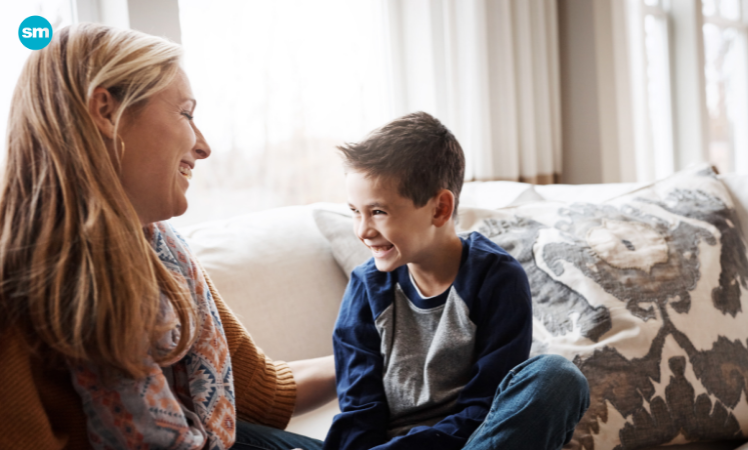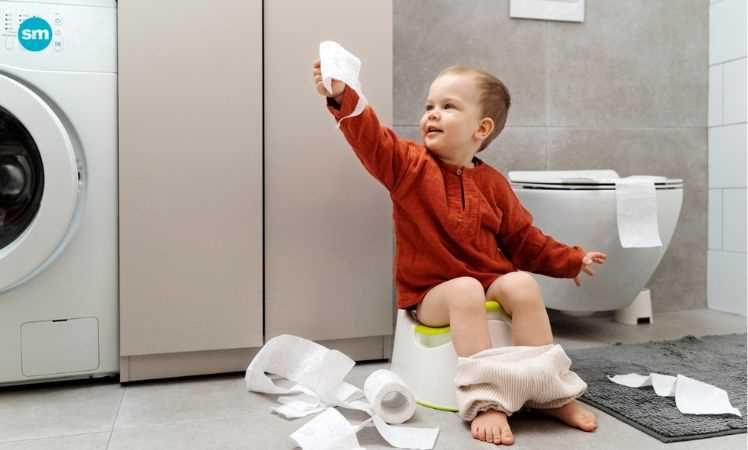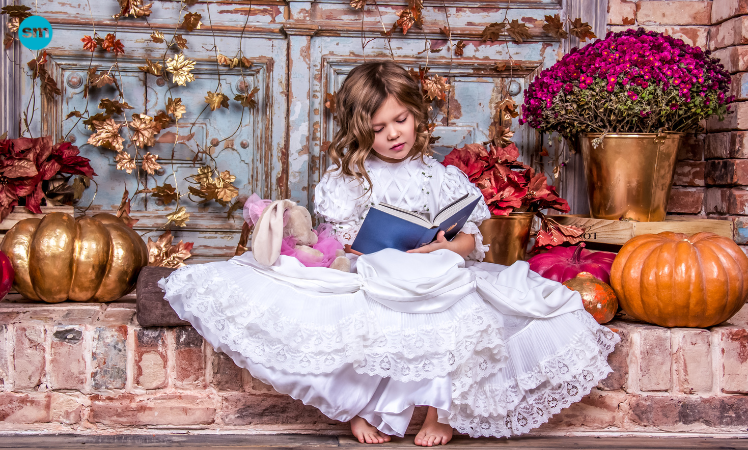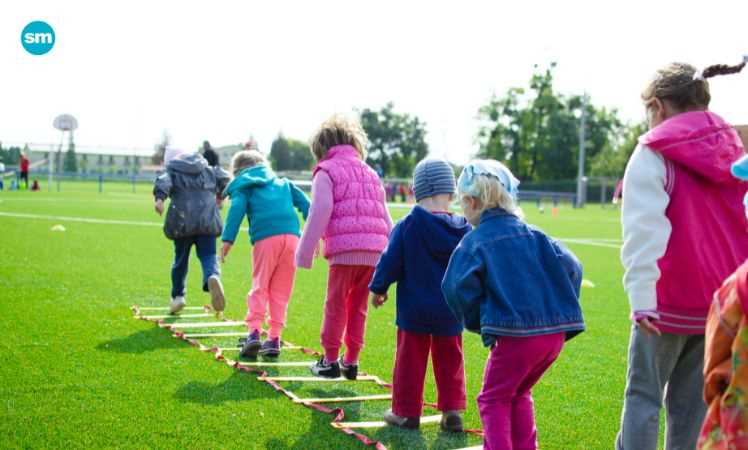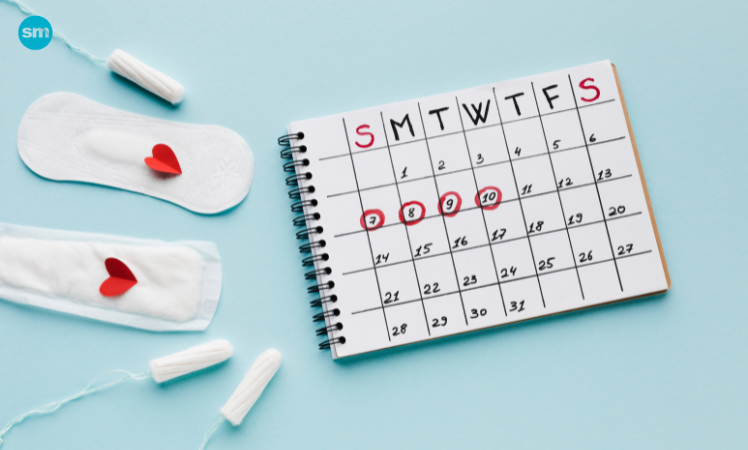How To Apologize Your Kids?
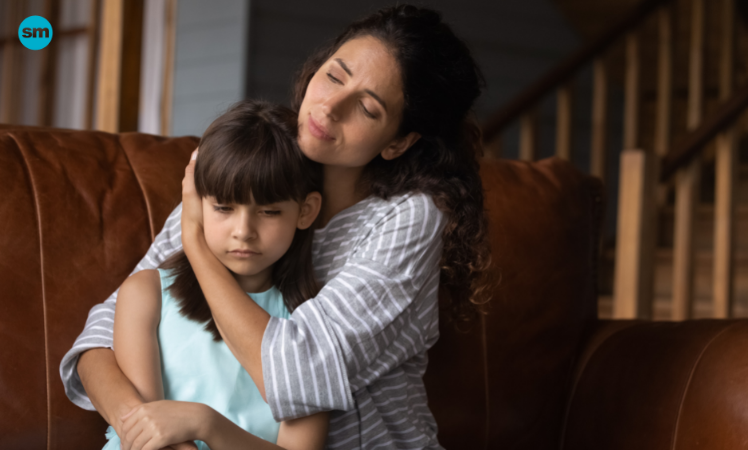
Last Updated on May 4, 2024 by Kathy
All of us make mistakes. But as parents, you need to show your children how to admit to them. Even though it might be embarrassing! So from your side, how can you apologize your kids?
The Beginning of The Story of “How to Apologize Kids?”
You hear a loud crash in your living room two minutes after seeing Emma and Oliver screaming through the hallway. So, you immediately start to yell at the children for running around the house. You yell and then you go into the room to find the cat on the table.
Your children are staring at your face with disbelief and hurt expressions as you turn around. All of us make mistakes. We need to show our children, by example, how to admit to them, even if it’s embarrassing.
Even when we feel provoked or irritated by the actions of our children, like when we finally lose our cool after listening to them whine for 10 minutes about something. It is important to remain calm and to be sincere in your apology.
Steps on How To Apologize to Your Kids
1. Accept your Feelings and Be Responsible for it
It’s OK to feel frustrated sometimes, and it’s okay for you to get upset occasionally. This is something you should tell your children all the time. It’s important to remember that your reactions to these feelings are not always acceptable. It is not acceptable to shout or bang on doors. You are observing your children and you should not react in a way they would not like.
2. Connect the feeling to the action.
Your apology should explain why you felt that way. Was there something that led you to react this way? Don’t take this opportunity to blame others such as apology like: “I’m sorry that I yelled but I wouldn’t hurt my foot if you had picked up your cars”
3. Apologize for the action.
Identify the wrong action you took and explain why. Children will soon learn from you that they cannot behave in this way.
4. Recognize your child’s feelings.
Let them know that you are sorry for their pain and concern. Your children should understand that you don’t expect them to meet your expectations if your actions were triggered by something they did. Like, when they act out!
5. Share how you plan to avoid this situation in the future.
This is an excellent opportunity to show your child how to learn from mistakes and improve yourself. To avoid blaming others and yelling, be specific about what you want to accomplish.
6. Ask for forgiveness, then focus on amends and solutions
It can be as easy as asking “Can you forgive me?”. It’s best to discuss the problem with your child and find solutions together.
Put It All Together
These steps are combined to create an apology that looks something like the following:
“Although I was frustrated that you didn’t arrive at school on time, it wasn’t okay for me to shout at you. I am so sorry that I yelled at you. That was probably scary and hurtful. To remind myself of my calm voice, I placed sticky notes all over the house. I beg your pardon. Let’s talk about this and how we can move forward.”
Final Thoughts of How to Apologize Kids
As difficult as it might be, we should always apologize to our kids for making mistakes. This helps our children to see their own faults and also helps them to learn how to accept responsibility. It shows them that mistakes are okay.
Children who don’t fail often have difficulty deciding what to do when they do. They don’t have the courage to take on new challenges, and they aren’t willing to face them head-on. Making mistakes and learning from them will give our children more self-confidence over time. This can be done by helping their parents learn from their mistakes.


